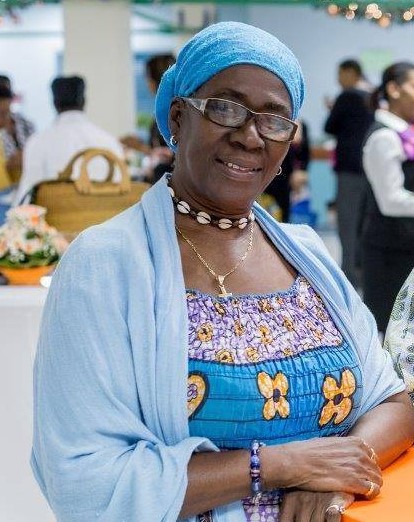 |
|
As I sit interviewing the Executive Director of the Emancipation Support Committee of Trinidad and Tobago (ESCTT), Zakiya Uzoma-Wadada, I am reminded of the story related to me by mother of her great, great, great, great grandmother, who was captured and brought to Trinidad during the Transatlantic Slave Trade. She was only a child and of Nigerian origin. Although warned by her mother not to play on the beach as slave traders would take natives into captivity from their shores, she did not obey. Now I cannot help but think of the many untold stories by those who made that journey. From 1450 – 1850 twelve million Africans were enslaved and transported to different countries throughout the diaspora. Only the rough waters of the Atlantic Ocean can speak of the fear, suffering and devastation of children, women and men forced to leave behind their homes, families, culture and dignity.
In 1838 slavery would be abolished in the British Empire. I often wish that instead of rummaging through history books that I could travel back to this period of history. I imagine that it would have been remarkable to experience firsthand the reaction of the enslaved Africans, their elation and excitement as they inhaled for the first time the oxygen of freedom. The road to that momentous period and thereafter was not easy but a new legacy was written for all future generations of their descendants.
This brings me back to my discussion with Zakiya. More than 100 years post slavery do we fully comprehend the significance and magnitude of Emancipation? In addressing this question Zakiya brings to light the theme for the Emancipation celebrations in 2019 - Pursuing Recognition, Justice and Development. These were the watchwords underscored as the three main pillars of focus during the United Nations General Meeting in 2013. At this meeting it was declared that 2015-2024 would be the International Decade for People of African Descent. Five years in, the ECSTT has sought to bring this theme to the forefront of its activities for 2019, reinforcing its commitment to the development of Africans.
In keeping with the watchwords, the ECSTT designed a Programme of Action to address the problems affecting Africans in Trinidad and Tobago. Justice for example is placed in the context of fairness within the Criminal Justice System, where an over alarming percentage of Africans are incarcerated in comparison to other racial groups. Zakiya indicates that this disparity cannot be explained in the simple context that Africans commit more crimes. She makes reference to the corruption endemic in the justice system, along with class and race profiling which affects sentencing and arrest. For example, the way in which certain racial groups or individuals of prestigious status who are involved in criminal activities are never spoken of in mainstream media. Within the spectrum of Justice, she highlights that the committee also examines structural injustices which hinder wealth and income creation, uneven job access and housing.
Tied into discussions on justice is the subject of development. Zakiya points out that social and economic development of the African community can only be encouraged within a judicial system that actively promotes equality. She underscores that we cannot take an aloof attitude to the barriers hindering development amongst Africans. “Is anyone asking,” she states, “why is there such a large percentage of Africans imprisoned or of Africans children left in orphanages in comparison to other racial groups in Trinidad? Why isn’t it part of the school curriculum to teach the achievements of Africans instead of only relating our historical presence within the context of slavery? These are some of the questions we need to ask to find solutions and change the dynamics.”
When it comes to recognition, she clarifies that this speaks to our perception of self and the way others perceive us. Negative images and stereotypes of Africans have been reinforced by mainstream media for decades and lack of knowledge or misinformation on Africans have become permanent fixtures in history books. She highlights this lack of information by asking, “How many people know of Henry Sylvester Williams and his role in the Pan African movement, or are familiar with our national icons such as CLR James, Kwame Ture, Claudia Jones, and Dr. Eric Williams? Where are the statues or street names that acknowledge the contributions of Africans, which would help build positive images of our community?” Her words make me realise that Africans perhaps not only in Trinidad and Tobago but also in the diaspora are still in the process of reconstructing their self- identity stripped during the slavery and colonization era.
In my interview with Rawle Gibbons, Director of Caribbean Yard Campus and Co-Founder of Jouvay Ayiti, I ask him to address this issue of embracing our African identity and to share his thoughts on Emancipation. In response, he explains that Emancipation is an opportunity for ancestral recognition. It rebuilds our knowledge base of who we are and helps us to make sense of our presence in the world leading us to the fulfillment of our destiny as a Caribbean people. Continuing he stresses, “There is a debt for Emancipation that all people in the Caribbean, inclusive of European descent, owe Haiti. I’m not referring to the passive, 'Thank you, Massa' moment of 1838, but the destruction of the doctrine of superiority/inferiority on the basis of race or colour, realised in Haiti's Revolution and Declaration of Independence in 1804. Haiti's victory set the foundation and placed responsibility for their freedom in the hands of Caribbean people. This is the debt and responsibility that Emancipation reminds us of and which the group 'Jouvay Ayiti' seeks to represent by participating in the celebrations. It is the ground for our continued defense of human freedom everywhere on the planet and demand for justice for all.”
From my discussions it is evident that Emancipation not only restored our basic human rights of freedom but also gave us the opportunity to re-align ourselves with our African identity. Through Emancipation, we can draw on the strength of our ancestors as a collective and create a better reality for ourselves where justice, recognition and development become the pillars upon which future generations can proudly stand.
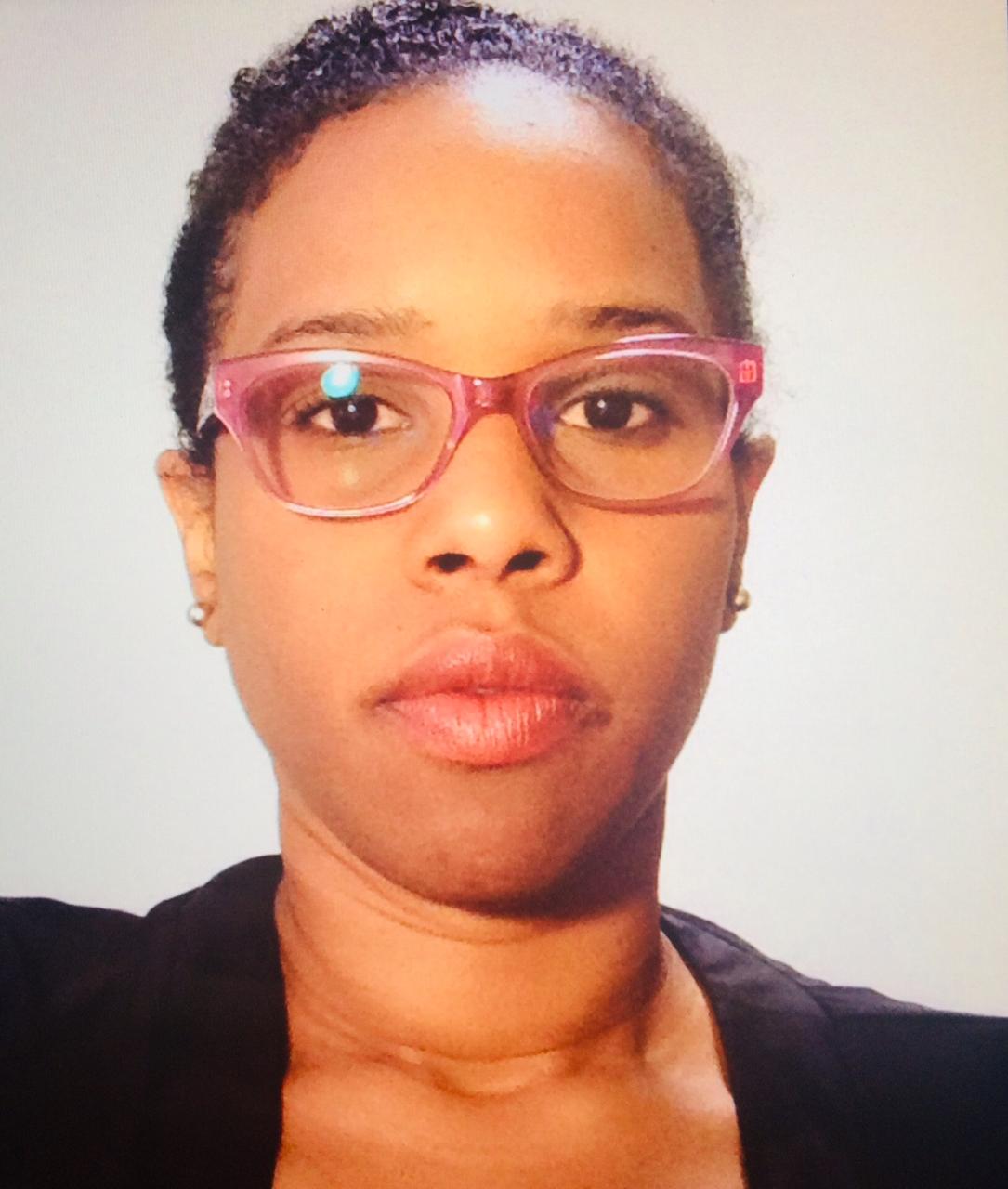 |
By: Malika A. Rouff | FEATURES | July 2019 |
Tweet |
Warning: array_search() expects parameter 2 to be array, null given in /home/paradisepulsea/public_html/pages/article.php on line 87
Warning: in_array() expects parameter 2 to be array, null given in /home/paradisepulsea/public_html/pages/article.php on line 104
Warning: array_search() expects parameter 2 to be array, null given in /home/paradisepulsea/public_html/pages/article.php on line 87
Warning: in_array() expects parameter 2 to be array, null given in /home/paradisepulsea/public_html/pages/article.php on line 104
Warning: array_search() expects parameter 2 to be array, null given in /home/paradisepulsea/public_html/pages/article.php on line 87
Warning: in_array() expects parameter 2 to be array, null given in /home/paradisepulsea/public_html/pages/article.php on line 104


| Subscribe |










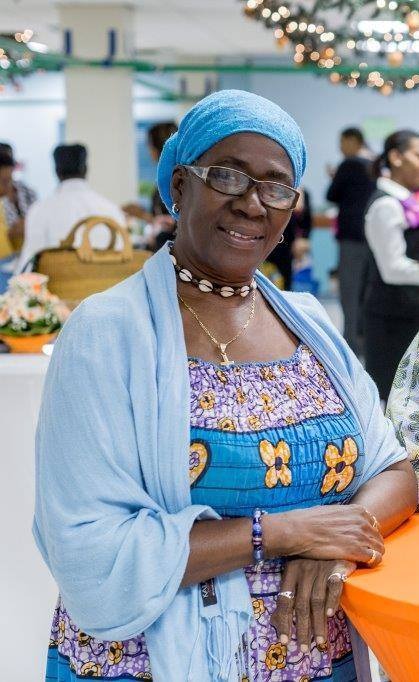
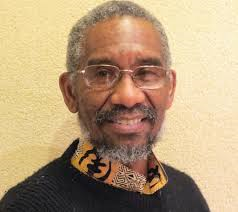
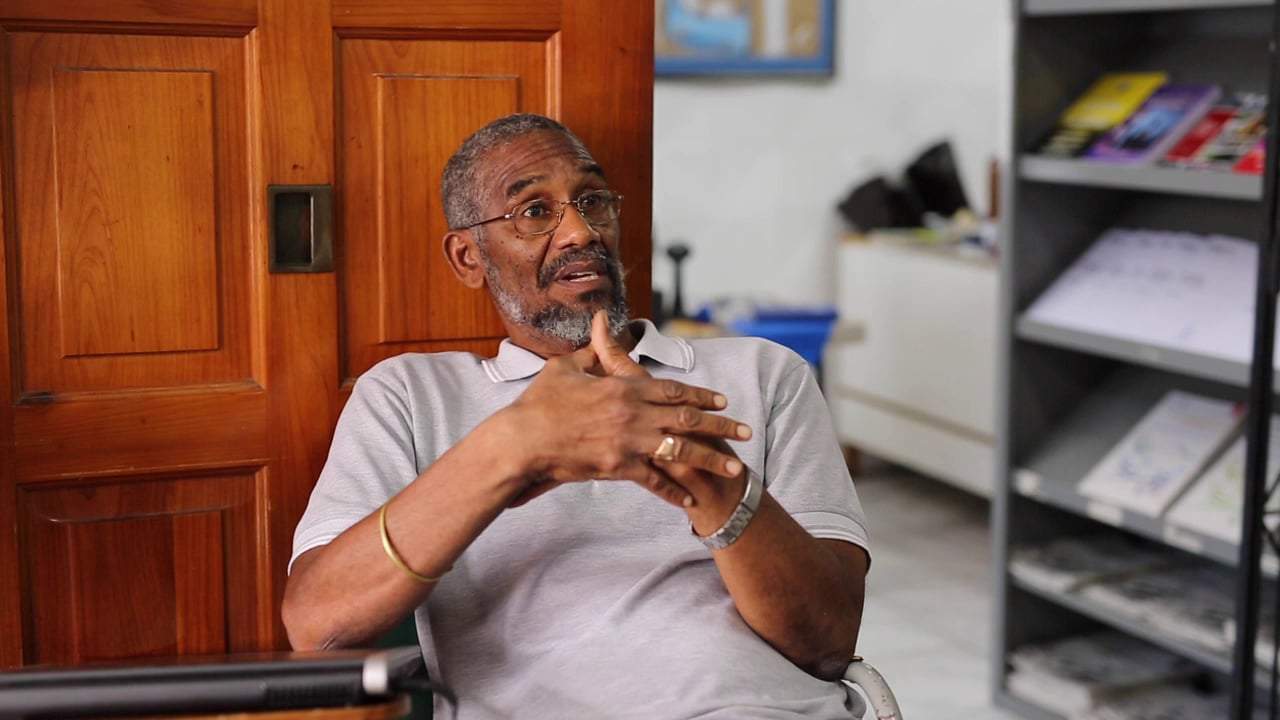
%20-%20Copy.jpg)

